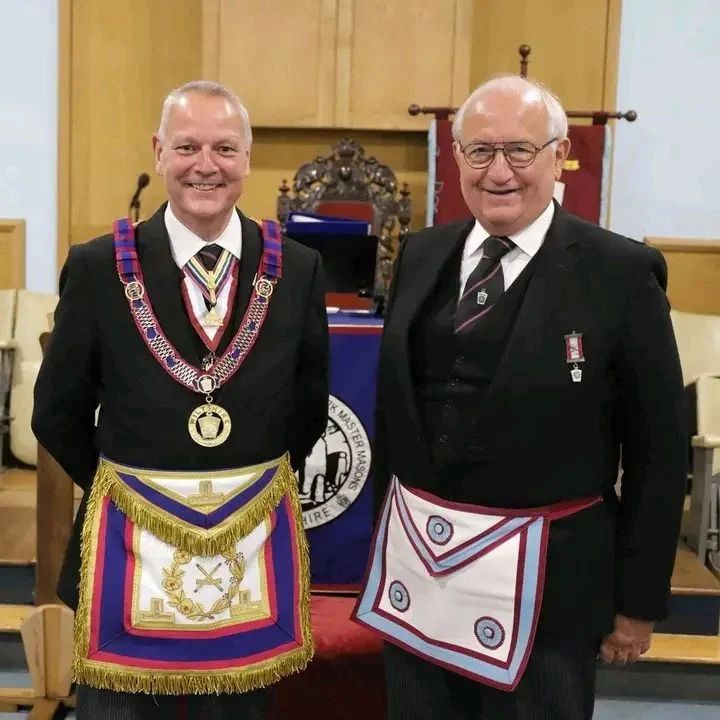TENET OF FREEDOM & BELIEF
The concept of “Tenet of Freedom & Belief” can encompass various principles, often aligning with fundamental human rights, individual liberties, and religious or philosophical freedoms. Here’s an exploration of these principles

Tenets of Freedom
- Individual Autonomy: The right of individuals to make their own choices and control their own lives. This includes freedom of speech, freedom of movement, and freedom to pursue personal goals.
- Equality: All individuals should be treated equally under the law, with equal access to opportunities and protections, regardless of race, gender, religion, or other characteristics.
- Justice: A fair legal system that ensures justice is served, protecting the rights of individuals and holding those who violate laws accountable.
- Democracy: A political system in which power is vested in the people, typically through elected representatives. This includes the right to vote and participate in the political process.
- Freedom of Expression: The right to express one’s thoughts and opinions without censorship, restraint, or legal penalty. This includes freedom of the press and artistic freedom.

Enets of Belief
1. Freedom of Religion: The right to practice any religion or none at all, without coercion or discrimination. This includes the ability to change one’s religion or beliefs.
2. Conscience: The right to follow one’s moral or ethical beliefs, even if they are contrary to the majority or state-imposed norms.
3. Cultural Belief: The freedom to uphold and practice one’s cultural traditions and beliefs, contributing to the diversity of society.
4. Philosophical Belief: The right to hold and express philosophical beliefs that may be secular or non-religious, contributing to intellectual diversity and debate.
Interconnection of Freedom and Belief
- Respect for Diversity: Recognizing and respecting the diverse beliefs and freedoms of individuals and groups is fundamental to a harmonious society. This involves tolerance and the rejection of bigotry or prejudice.
- Limitations and Responsibilities: While individuals have the freedom to believe and act according to their principles, these freedoms are not absolute. They are limited by the need to respect the rights and freedoms of others, maintaining public order, and ensuring the common good.
Historical and Legal Context
- Universal Declaration of Human Rights (UDHR): Adopted by the United Nations in 1948, the UDHR outlines fundamental human rights to be universally protected. Key articles related to freedom and belief include Article 18 (freedom of thought, conscience, and religion) and Article 19 (freedom of opinion and expression).
- Constitutions and Legal Frameworks: Many countries enshrine the tenets of freedom and belief within their constitutions and legal frameworks, providing a basis for the protection and enforcement of these rights.
In essence, the tenet of freedom and belief underscores the intrinsic rights of individuals to live freely, express their thoughts and beliefs, and participate in society without undue restriction or discrimination, while balancing these freedoms with the responsibilities to respect and uphold the rights of others.
